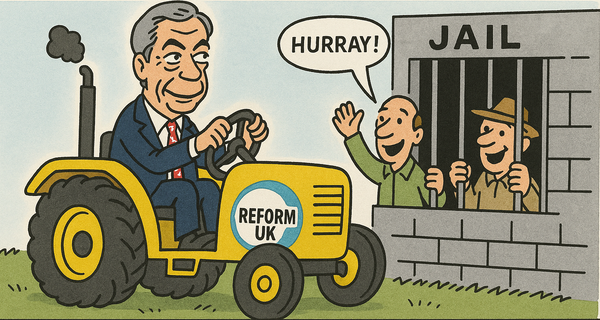Why Disagreement Doesn't Make You Evil
There’s an interesting post over at Samizdata, which quotes Andrew Norton of the Centre for Independent Studies and Policy magazine as saying that many people on the soft left of politics are more concerned with appearing to be good people through their politics than the consequences of those politics. *(I’m paraphrasing here. Quoting a quote from a post whose body is the quote seems to me to be an act that would lead to my post disappearing into a recursive black hole.)
*
The quote reminded me of the biggest online argument I’ve ever had, in which my co-arguee eventually stalked off, vowing never to darken my virtual doors again. I forget what caused the argument, but I know what he was doing that annoyed me: he jumped to an assumption about what I believed, and then refused to move from that position, even when I explicitly said �that is not what I believe�. He then had to start accusing me of lying or concealing my true position to justify his continued defence of his original statement.
In a posting some months before, he’d equated politics with morality, suggesting that they were one and the same thing. Now, I believe that humanity’s a pretty clever thing (and somewhat lazy), and usually only develops two completely separate words when two separate words are needed, usually for meaning, but sometimes just for tone. I dismissed the idea as bit of juvenile posturing. It was in light of the later argument that I realised the danger in blending the two ideas: it stifles debate. If morality and politics are synonyms, then somebody who takes a different position from you is not just expounding a variant idea, they’re wrong – and possibly evil. They must be evil because you’re good and they disagree with the politics that are the bedrock of your goodness.
And when your natural reaction is to brand those of different political views to you as evil, you’re walking a dangerous path indeed.





